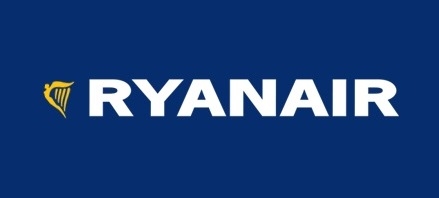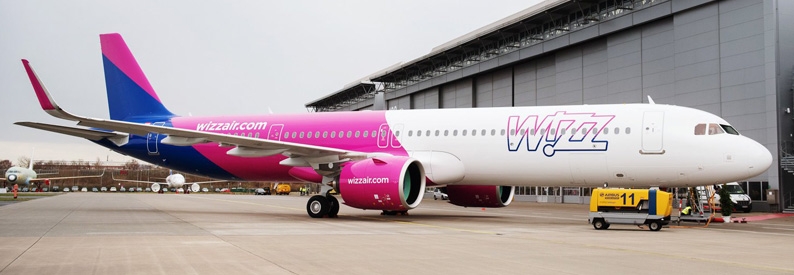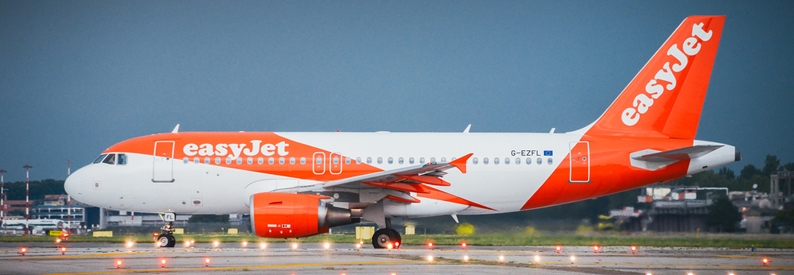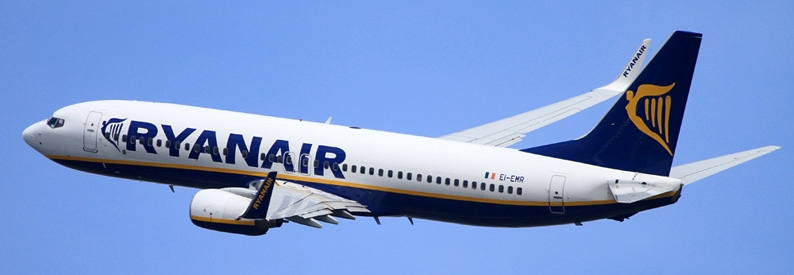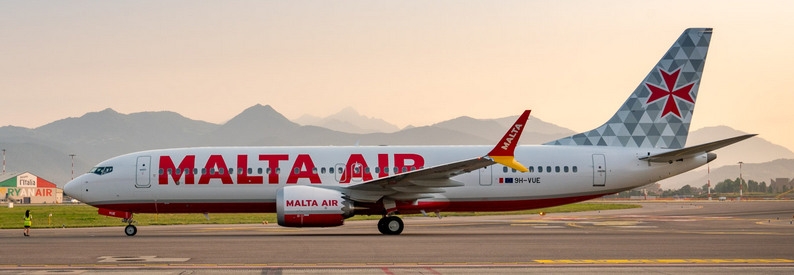Ryanair (FR, Dublin International) has called on the Irish government to abolish new growth restrictions at Dublin International, warning that newly imposed caps on night-time and early morning flights will choke investment, limit capacity, and harm the national economy.
The airline in a statement slammed as "idiotic" a decision by An Coimisiúin Pleanála - an independent quasi-judicial body that decides appeals from planning decisions made by local authorities in Ireland - to introduce an annual cap of 35,672 night-time aircraft movements at Dublin, a threshold Ryanair says will already be reached this year. The limit will curtail early-morning transatlantic arrivals and short-haul European departures.
Ryanair argues that the restrictions will prevent Dublin Airport from growing beyond its current traffic levels, despite the airport's north runway being designed to support up to 60 million passengers annually.
It also criticised the government for failing to remove an outdated planning restriction on total passenger numbers, despite promising to do so.
It said the decision ignores advances in aircraft technology, noting that its newest jets reduce noise emissions by up to 50%. "What’s the point of investing in quieter aircraft if a blunt force cap on movements is imposed?" it asked.
The low-cost carrier urged Housing Minister Darragh O’Brien and the Irish government to intervene immediately and remove both growth caps. It called for the airport to be managed as essential national infrastructure rather than subject to local planning constraints.
In a separate statement, O'Brien welcomed An Coimisiún Pleanála’s final decision on nighttime operations at Dublin, saying it clarifies permitted flight levels and balances growth with community concerns.
The decision includes a noise quota system for nighttime operations at the airport; an annual cap of 35,672 aircraft movements between 2300L (2200Z) and 0700L (0600Z), effectively 98 per night; a ban on use of the north runway between midnight and 0600L (0500Z) except in exceptional cases; and an insulation scheme for eligible property owners.
